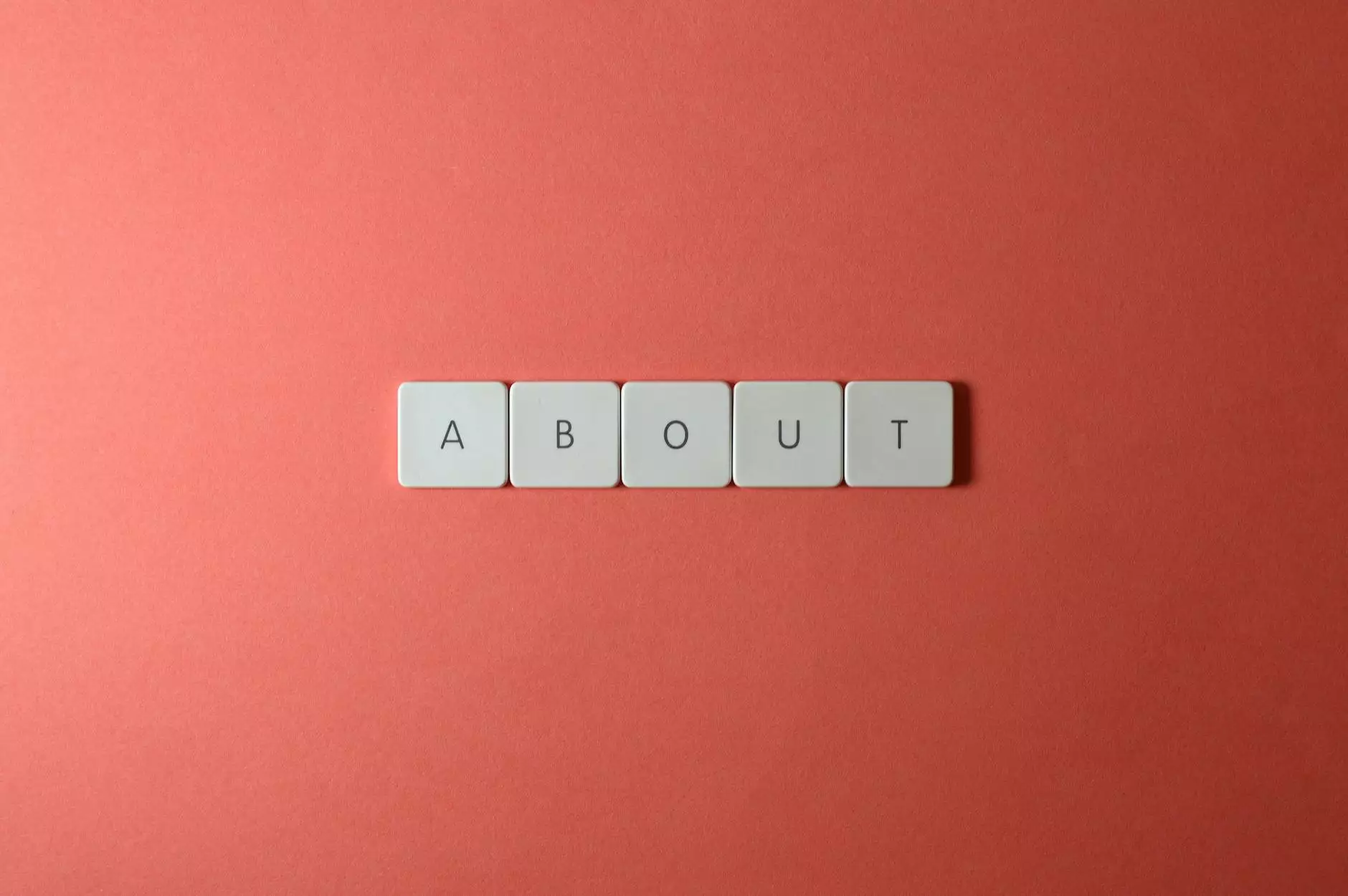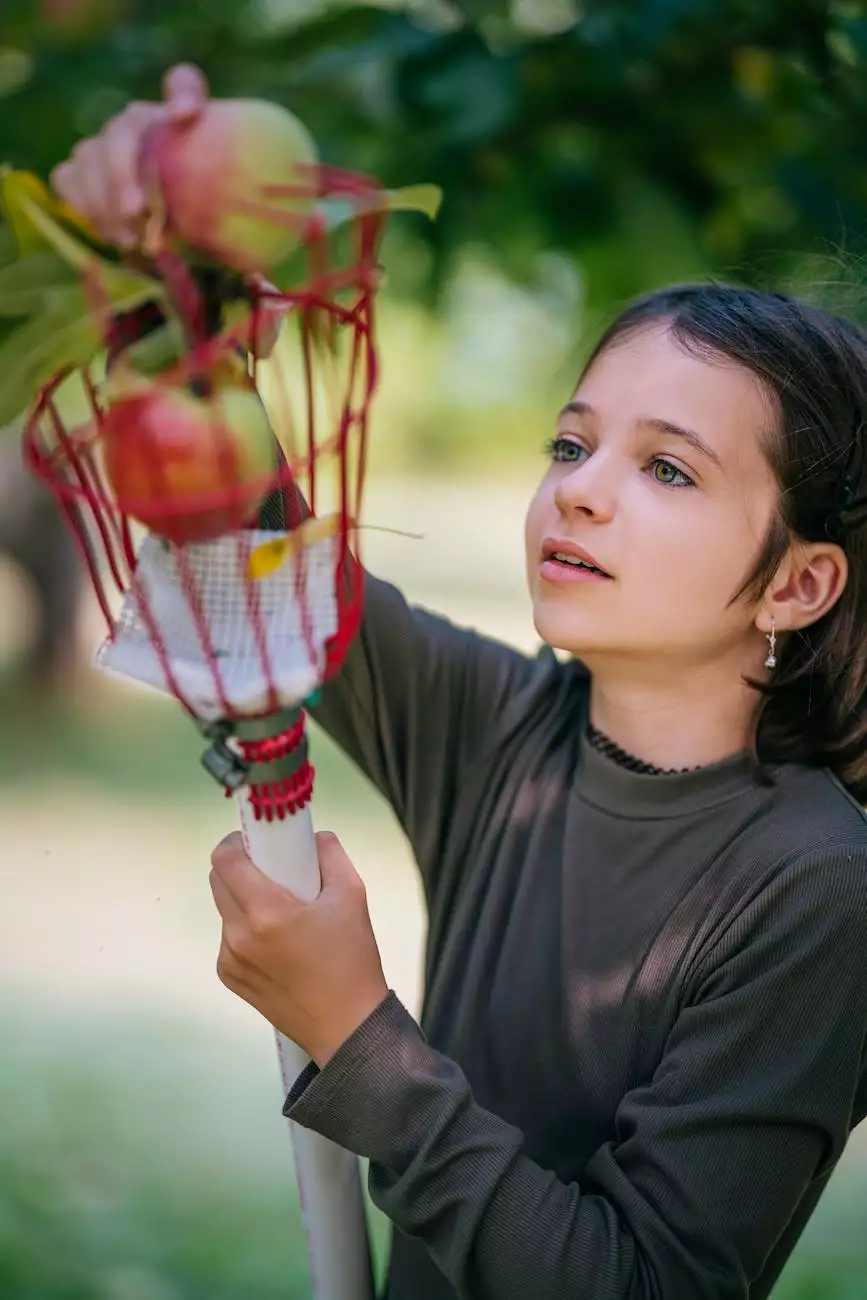Positive Discipline For 2 Year Olds Based on Brain Science
Parenting
The Importance of Positive Discipline
As a parent, you may have experienced the unique challenges that come with raising a 2-year-old. It's a time of remarkable growth and development, but it can also be characterized by temper tantrums, defiance, and frustration. At Holly Katz Performance Coaching, we understand that navigating this stage of your child's life can be overwhelming, which is why we are here to provide you with effective strategies based on brain science to foster positive discipline and nurture a strong parent-child relationship.
Understanding the Developing Brain
Before diving into the techniques of positive discipline, it's essential to gain a deeper understanding of how the brain of a 2-year-old functions. At this age, a child's brain is rapidly growing, and their ability to regulate emotions is still developing. They are exploring their newfound independence and discovering their limits, which often leads to boundary-pushing behavior.
The Pivotal Role of the Prefrontal Cortex
The prefrontal cortex, responsible for decision-making, self-control, and emotional regulation, is still under development in 2-year-olds. This means that they may struggle to process and express their emotions in a constructive manner, resulting in tantrums or outbursts.
The Principles of Positive Discipline
Positive discipline is a parenting approach that focuses on understanding and teaching children appropriate behavior, rather than punishing or controlling them. By following the principles below, you can create a supportive environment that encourages your child's emotional development and fosters a sense of mutual respect:
1. Building Connection and Trust
Building a strong parent-child connection is the foundation of positive discipline. By prioritizing quality time, active listening, and open communication, you can establish trust and strengthen the bond with your 2-year-old. When children feel connected, they are more likely to exhibit positive behavior.
2. Setting Clear and Age-Appropriate Boundaries
Consistent boundaries help children understand what is expected of them and provide a sense of security. It's essential to set clear, age-appropriate boundaries that align with your child's developmental stage. By doing so, you promote healthy behavior and discourage negative patterns.
3. Encouraging Self-Expression and Emotional Awareness
Helping your 2-year-old recognize and express their emotions is crucial for their emotional intelligence. Encourage them to name their feelings and provide alternative ways to cope with frustration or anger. Teaching them healthy emotional regulation techniques will contribute to their long-term well-being.
4. Using Positive Reinforcement
Positive reinforcement is a powerful tool in shaping desirable behavior. Acknowledge and praise your 2-year-old's efforts and achievements, allowing them to feel proud and motivated to continue making positive choices.
5. Redirecting and Offering Choices
When faced with challenging behavior, redirecting your child's attention to more appropriate activities can help prevent conflicts. Additionally, offering choices empowers them and allows for a sense of autonomy, reducing the likelihood of power struggles.
6. Practicing Consistency and Patience
Consistency is key to effectively implement positive discipline techniques. Be patient with your child as they learn and grow, understanding that behavior change takes time. By remaining consistent and patient, you create a stable and nurturing environment.
Benefiting from Positive Discipline Techniques
By applying the principles of positive discipline, you can foster a harmonious relationship with your 2-year-old and navigate the challenges of this developmental stage with confidence. At Holly Katz Performance Coaching, we are dedicated to helping parents like you by providing personalized coaching sessions and resources tailored to your specific needs.
Personalized Coaching Sessions
Our personalized coaching sessions offer you the opportunity to discuss your unique parenting challenges and receive guidance from an experienced professional. Holly Katz, an expert in positive discipline and brain science-based techniques, will work closely with you to develop strategies that promote a positive parent-child dynamic.
Comprehensive Resources and Support
In addition to personalized coaching, we provide comprehensive resources and ongoing support to help you on your parenting journey. Our vast library of articles, tips, and expert advice will empower you with the knowledge and tools necessary to continue implementing positive discipline techniques at home.
Unlock the Power of Positive Discipline
At Holly Katz Performance Coaching, we believe that positive discipline based on brain science can transform the way you navigate the challenges of parenting a 2-year-old. By fostering a loving, respectful, and growth-oriented environment, you can guide your child through this crucial stage of development with confidence and effectiveness. Unlock the power of positive discipline today, and witness the incredible impact it can have on your child's well-being and your relationship as a family.




